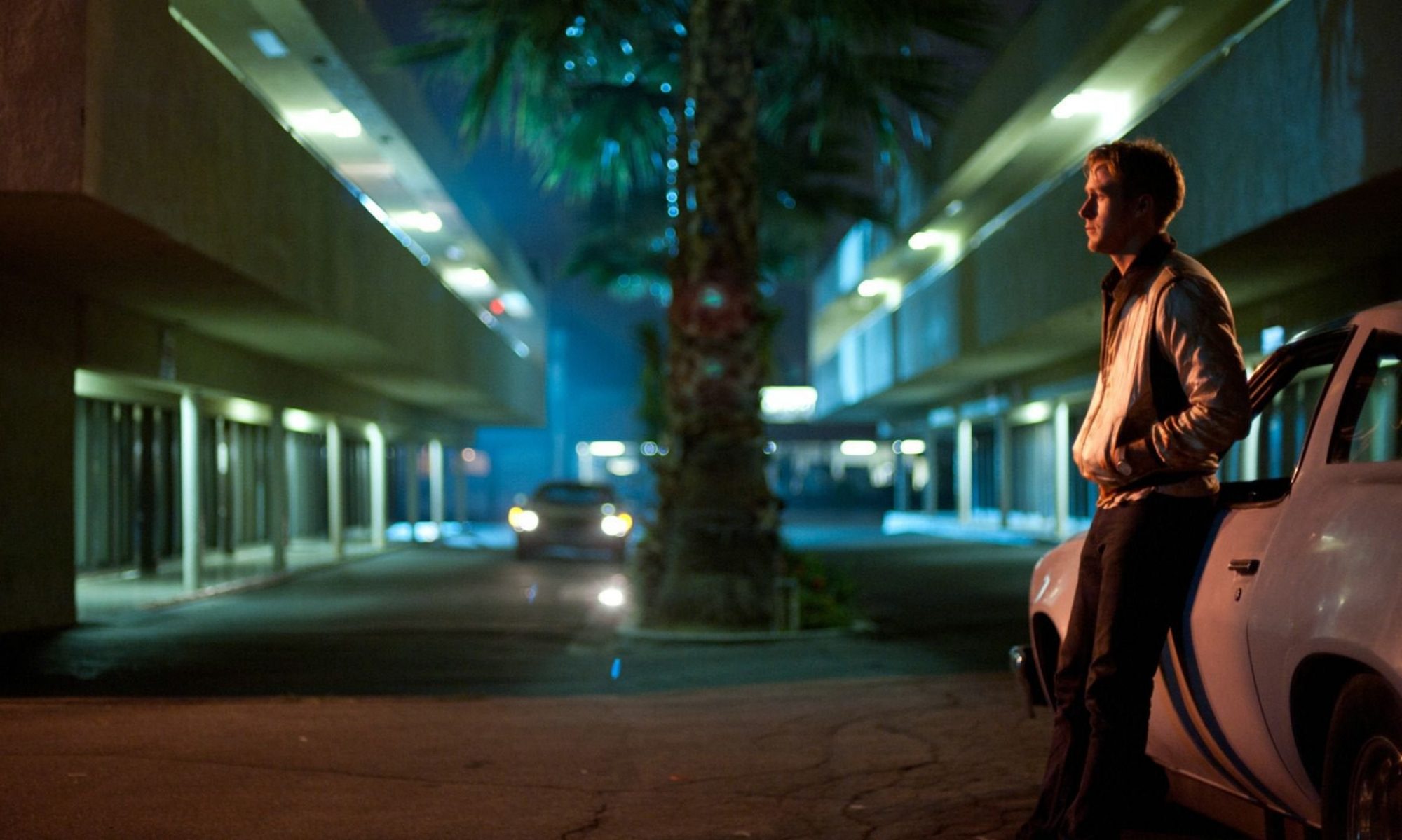It’s quite an achievement to be able to build your own aesthetic in the film world. When you’ve got numerous Youtubers reimagining your style with AI in franchises like Harry Potter, Star Wars and The Lord of the Rings, you know you’ve hit the big league. And when a distinct colour scheme saturates every frame with meaning and intrigue through practically every film he directs, you also know you’ve got yourself an auteur.
That fact can be great, and not so great. Asteroid City has got the most packed ‘Wes Anderson’ cast so far. The ensemble includes regulars like Jason Schwartzman, Scarlett Johansson, Bryan Cranston and Edward Norton, along with newcomer Tom Hanks. Unfortunately, a group of talented big names aren’t enough to lift the film out of a hollow and somewhat dull crater. Schwartzman acts as the emotional core of the story, expressing himself largely through grief-laden stares in a play-within-a-play setup as a grieving father. The actor is at his best with eccentric oddballs like Rushmore’s Max Fischer as opposed to brooding enigmas like Augie Steenbeck. Which is not to say that grief shouldn’t play a part in the Wes Anderson plot. It’s what makes classics like Royal Tenenbaums classic.
But when you haven’t got the poetic whimsy of The Grand Budapest Hotel or the soulful tones of The Life Aquatic, the grief that’s present from the film’s beginning doesn’t really gel with the vintage Anderson palette. It’s hard to emphasise with Steenbeck when we have minimal information about his background combined with few characters to engage with or play off his melancholy. Ultimately, there’s too much going on character wise, with the alien subplot not quite working, and not enough attention given to the main storyline. Colourful as always, but nonetheless disappointing.
Now, onto Indiana Jones and the Dial of Destiny. I didn’t really know what to expect here, as my memory of the original trilogy is pretty fuzzy, and the fourth film doesn’t stay much in my mind except with that daft ending involving aliens and a fridge. So it was nice to find that the final entry in the series (supposedly, anyway) is a decent bit of light entertainment. The de-aging tech in the opening flashback scene wasn’t quite convincing (I don’t think the technology has quite got it perfected yet), but it was entertaining to see a young Harrison Ford and Mads Mikkelsen nonetheless. The first film without Spielberg, Logan’s James Mangold takes the helm, bringing back Logan alumni Boyd Holbrook as the secondary baddie to Mikkelsen’s big bad. And guess what? They’re Nazis. Who’d have thunk it? But yeah, if it ain’t broke, don’t fix it, and the same essential plot is spruced up by a race against time for Indy to retrieve a dial that controls…time.
Phoebe Waller-Bridge joins the cast as Jones’ goddaughter, and a few other familiar faces come along for the ride too. The action scenes are exciting and energetic, and Ford is great as always in one of the most iconic roles of his stellar career. It’s nice to see the film spend a bit of time with Jones ruminating about old age rather than just keeping him on action mode the whole time, and it also feels refreshingly in keeping with the ‘grumpy old man’ character he portrays in public (it was funny just watching the preceding trailer where the cast bigs up the film, with Ford’s two gravelly, taciturn promotional lines adding a bit of cynical light relief). If you’ve got a rainy afternoon and you feel like heading out to the cinema for some escapism, this is a darn fine choice.
